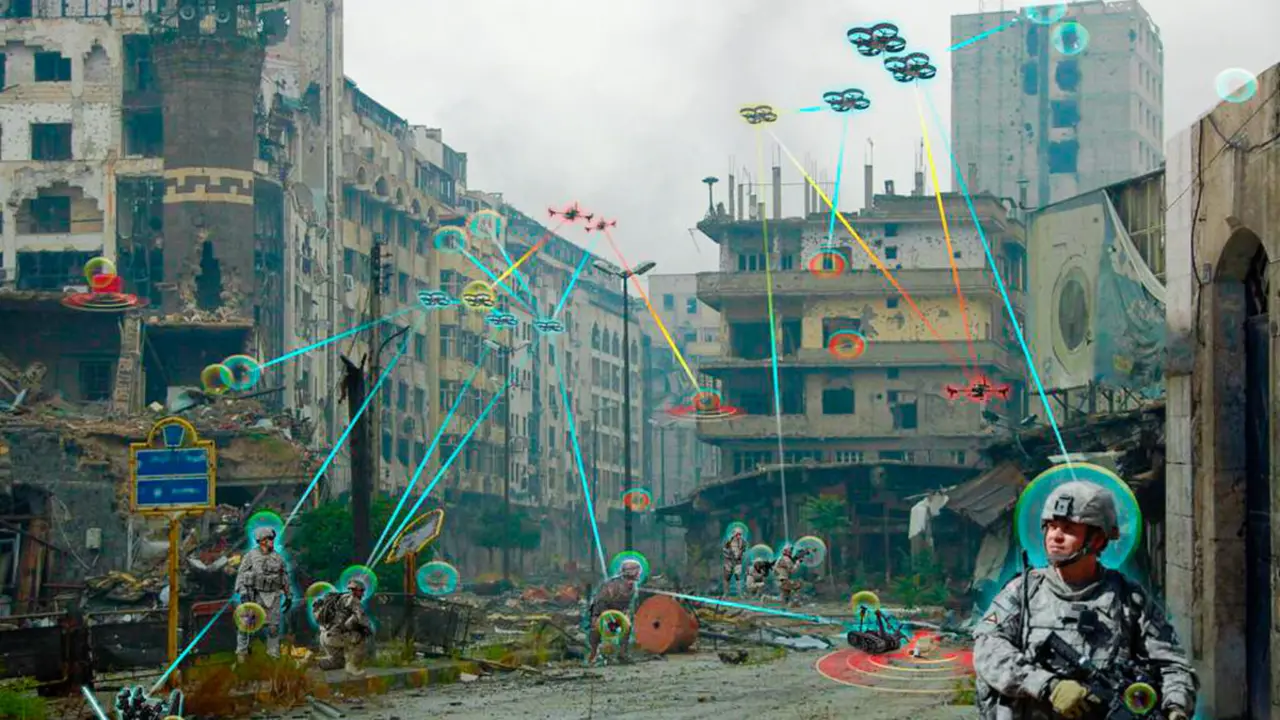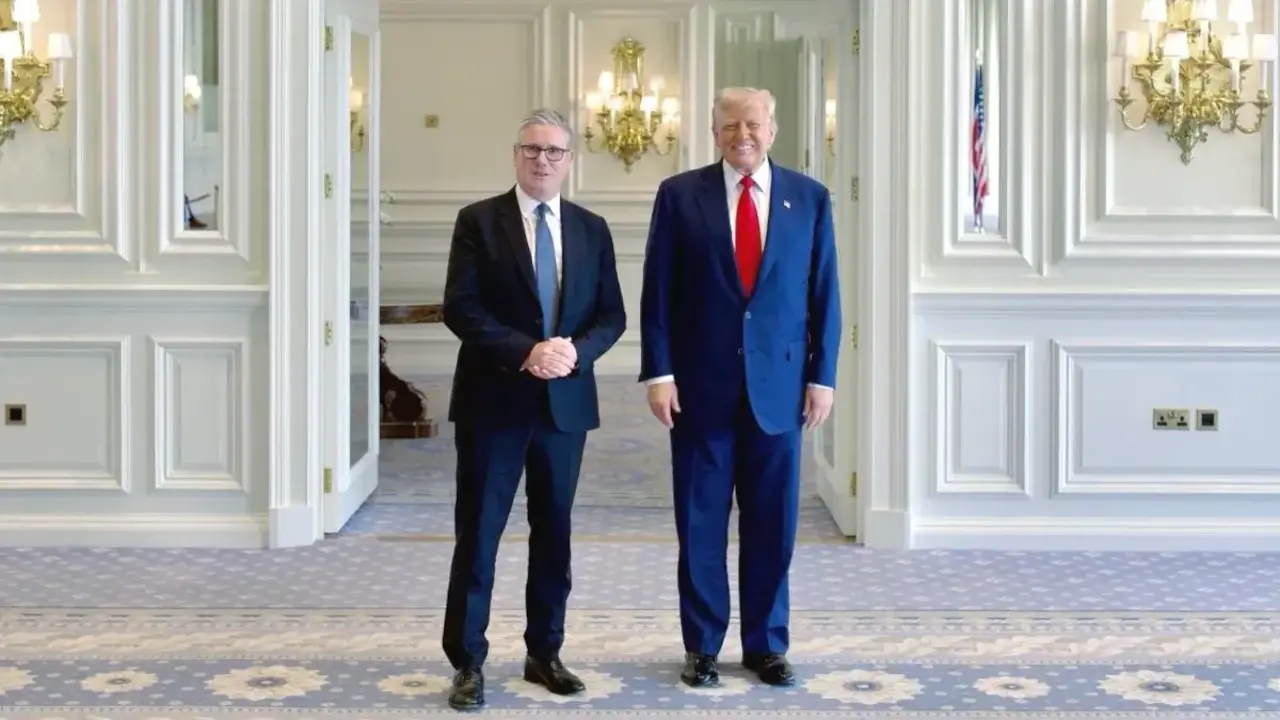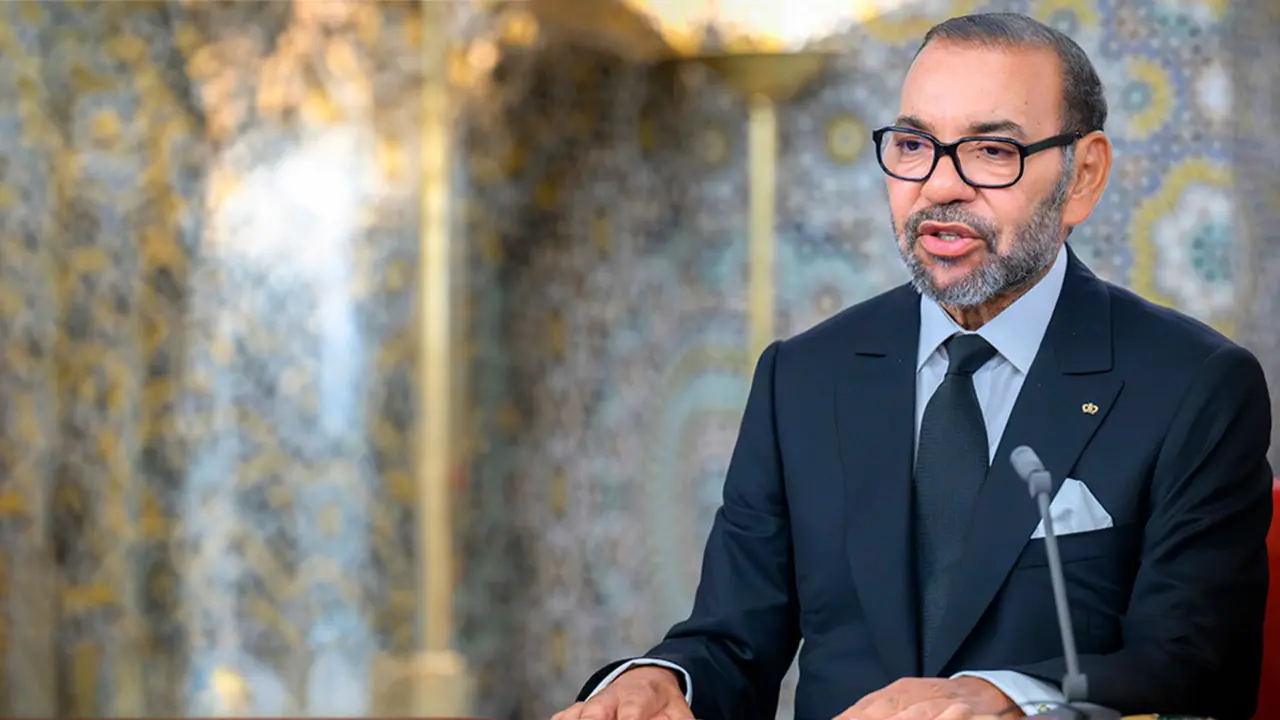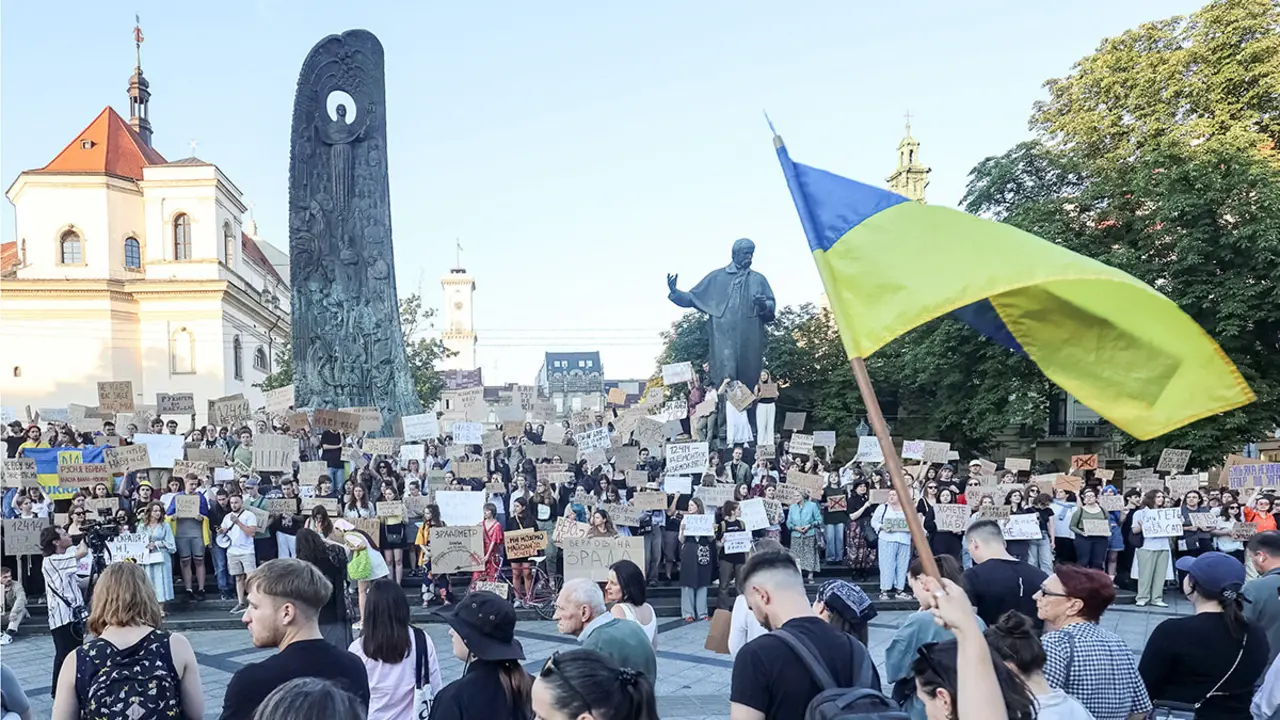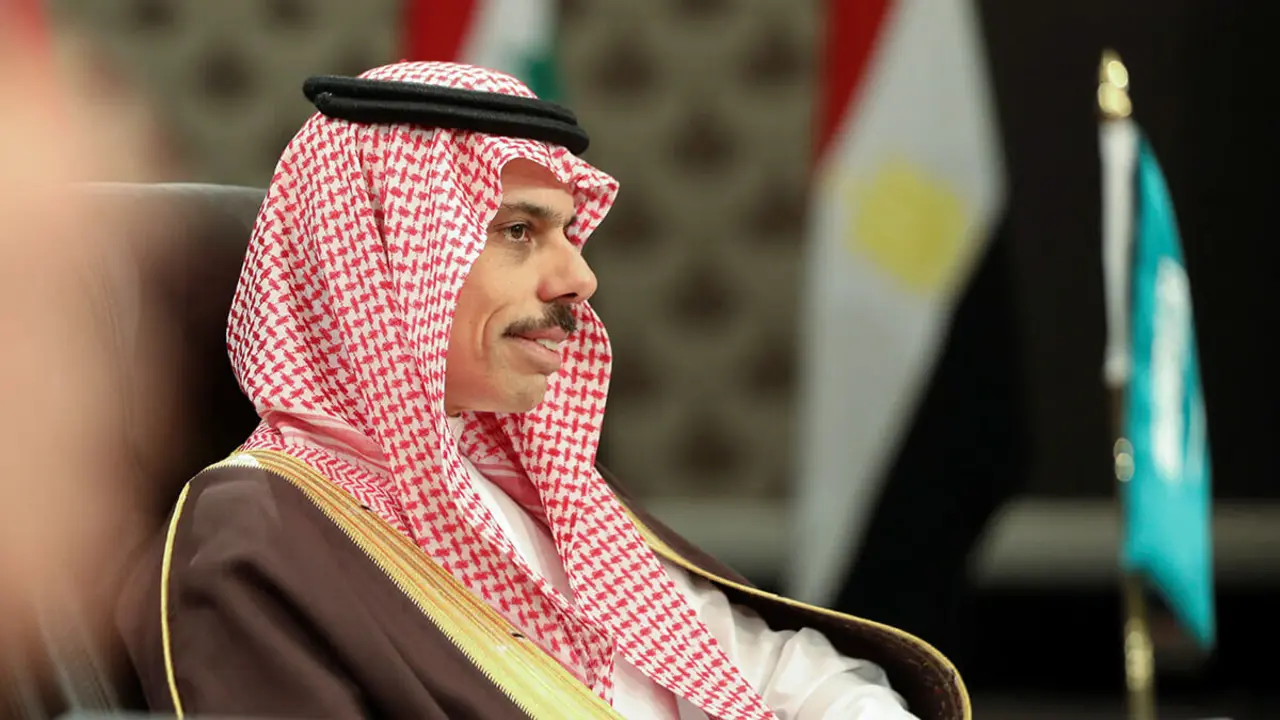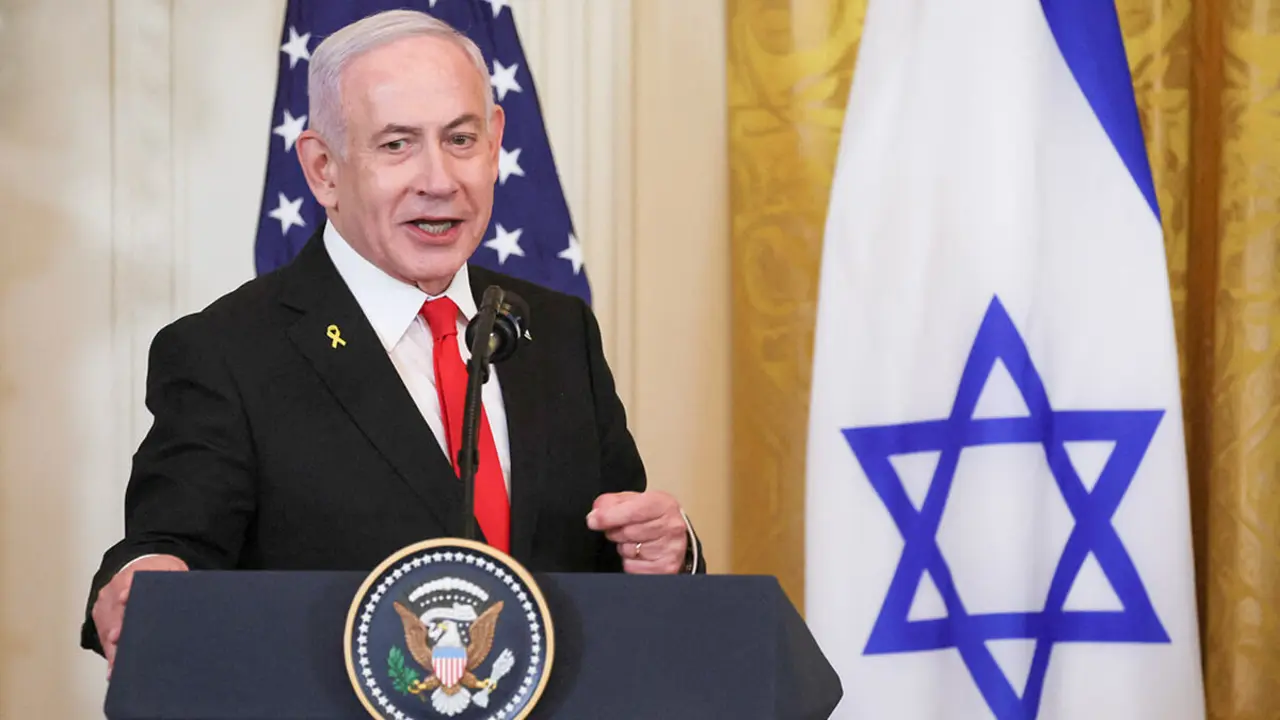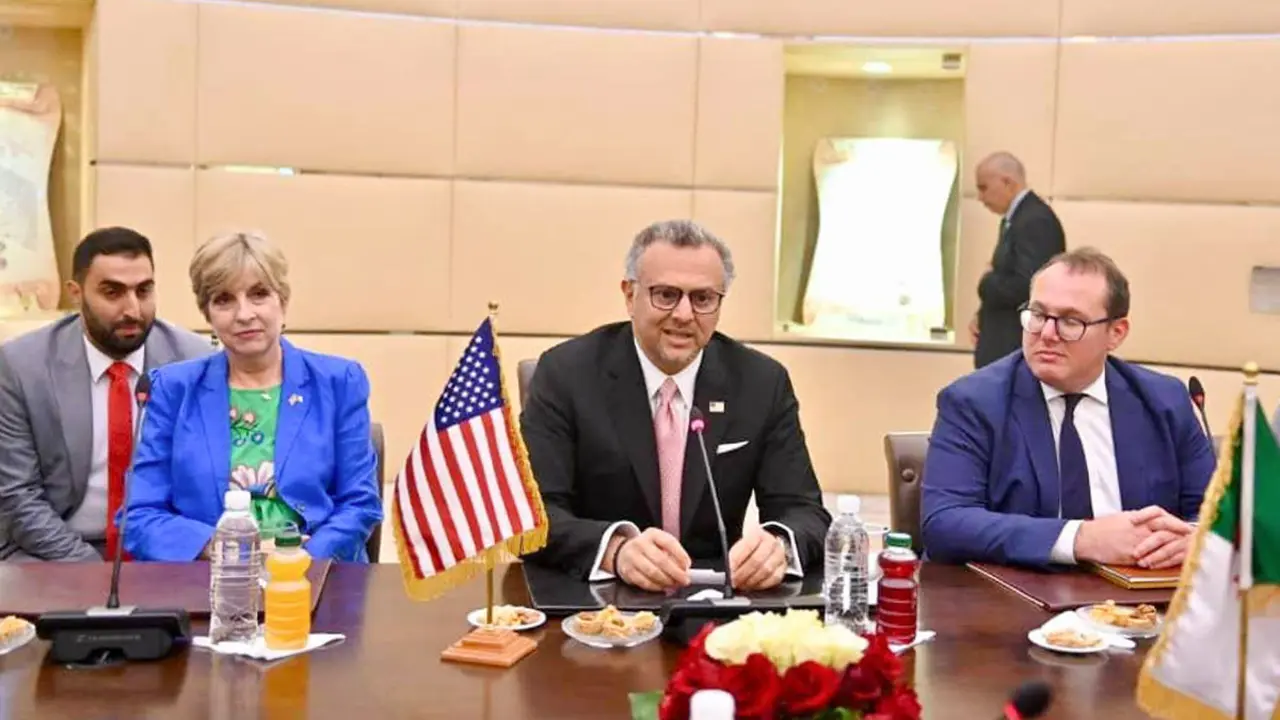Digital Morocco 2030: the national digital transformation strategy

The launch of the new national strategy Digital Morocco 2030 aims to make the North African country one of the world's digital hubs. The project's roadmap, presented via videoconference by the prime minister, Aziz Akhannouch, seeks to accelerate social development by linking it to digital development. In addition, the plan aims to simplify and digitise services through the full application of technology.
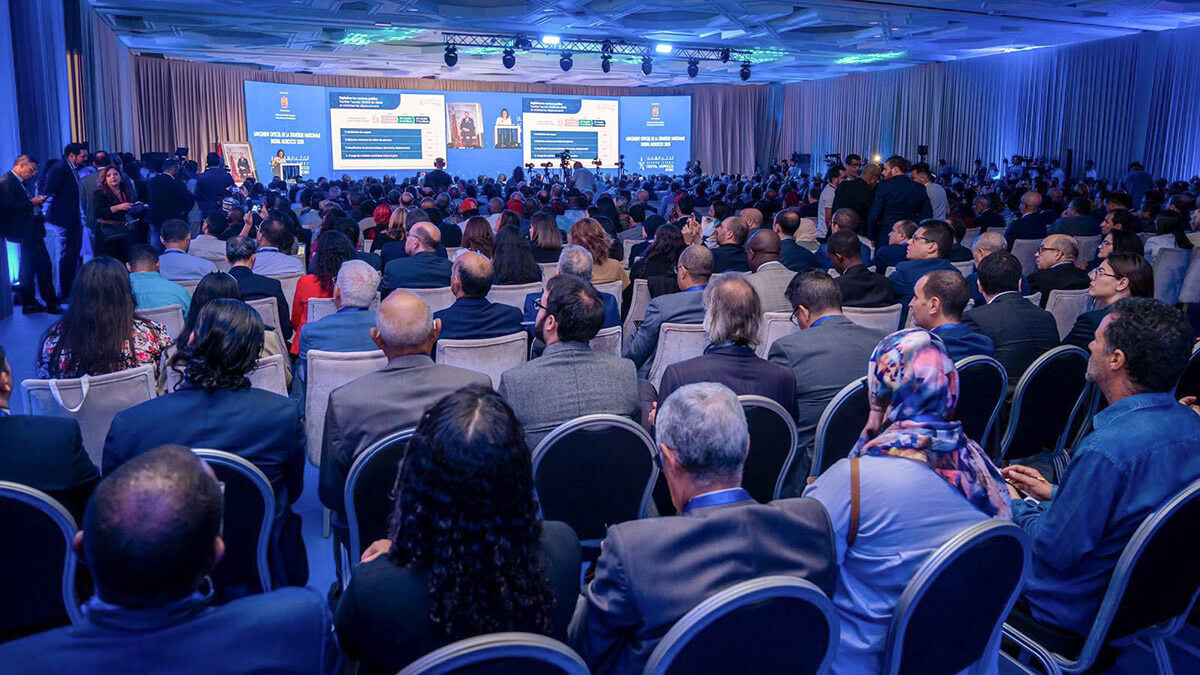
The project will receive funding of more than 1.1 billion dollars, so the government's commitment is clear: to digitise the country. This programme was launched to boost the economy through massive job creation. To this end, the strategy plans to strengthen the digital infrastructure and the technical skills of young people, and to support new start-ups working in the digital sphere.
The head of government confirmed: ‘Through this strategy, which mobilises 1.1 billion dirhams between 2024 and 2026, the executive aims to train 100,000 young people annually in the digital field (instead of 14,000 in 2022) and sets the goal of employing 240,000 people in the national digital sector’.
Revaluing human capital
Part of the programme focuses on simplifying access to public markets, improving their level and establishing tailored funding mechanisms to support young project leaders at all stages of the startup. Akhannouch mentioned that they will focus on increasing the outsourcing and export of digital services, as well as boosting startups with the creation of a legal framework that encourages their growth globally.
The leader of the Moroccan executive insisted on achieving the goal of creating jobs in the digital sector, for which it is crucial for the country to develop high-level talent and skills. He also called for increasing the number of graduates in digital disciplines in public universities to triple by 2027.
Unified Administrative Services Portal
Announced by Ghita Mezzour, minister delegate in charge of Digital Transition and Administration Reform, the new Unified Administrative Services Portal will be one of the building blocks on which the national Digital Morocco 2030 strategy is intended to be based.
Mezzour announced that he will create a unified portal that will bring together all digital administrative services to help overcome difficulties. It is important to prioritise modernising digital processes related to government reforms in key areas for citizens, such as health, social protection, investment, education, and employment.
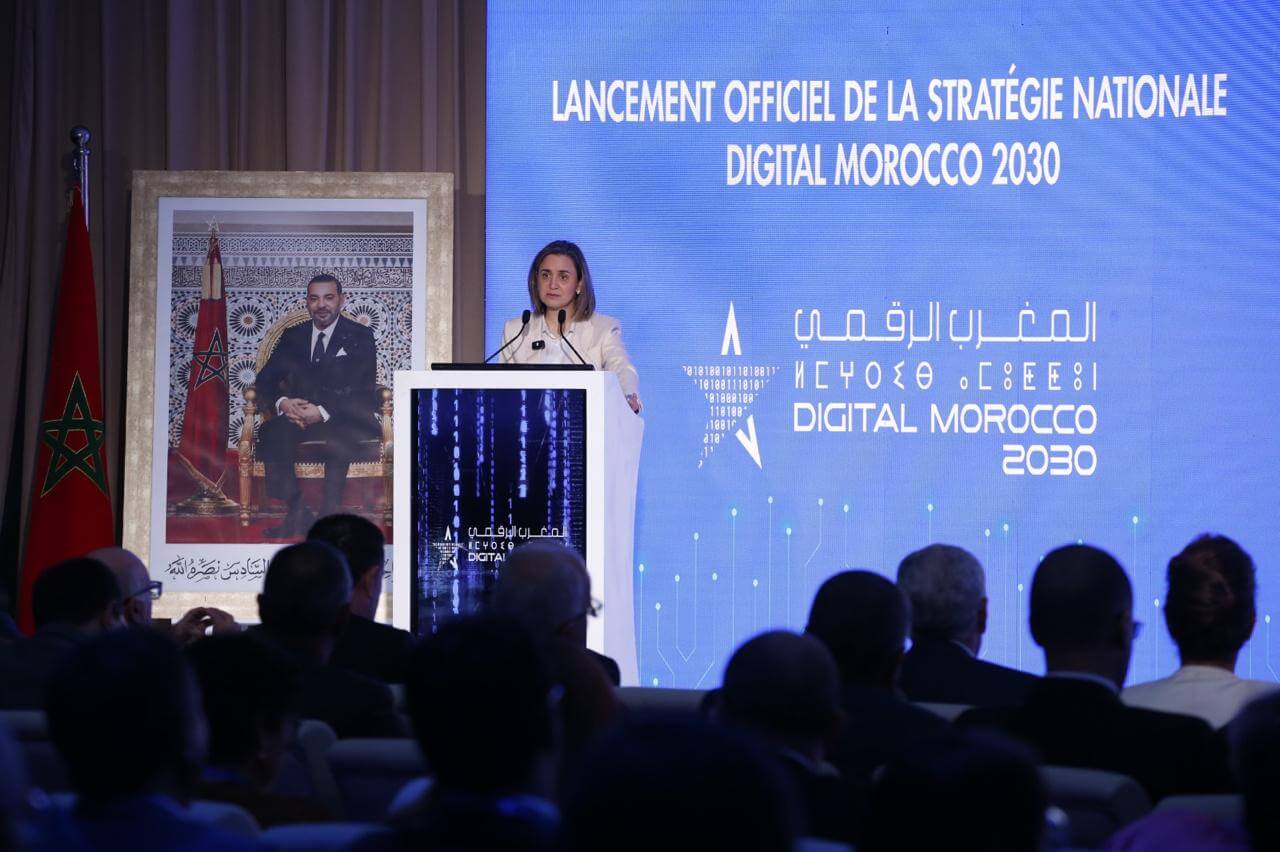
The government plans to strengthen the Moroccan Digital Development Agency (ADD) to assist in the implementation of digitalisation in public administrations. The aim of these actions is to improve Morocco's ranking in the digital governance index to reach number one in Africa and be among the top 50 globally.
Present at the conference, Chakib Alj, president of the CGEM employers' association, called for support for startups looking to expand globally during the presentation of the Morocco Digital 2030 strategy. It is essential that our entrepreneurs cultivate a mindset without limits, as innovative solutions know no borders.
To achieve this, it is essential to encourage open innovation through the creation of fablabs and prototyping centres. The arrival of a new technological ecosystem in Morocco will attract large technology companies from all over the world, which will set up and produce in the country. This will strengthen key sectors such as automotive and aeronautics, while increasing value added in outsourcing.
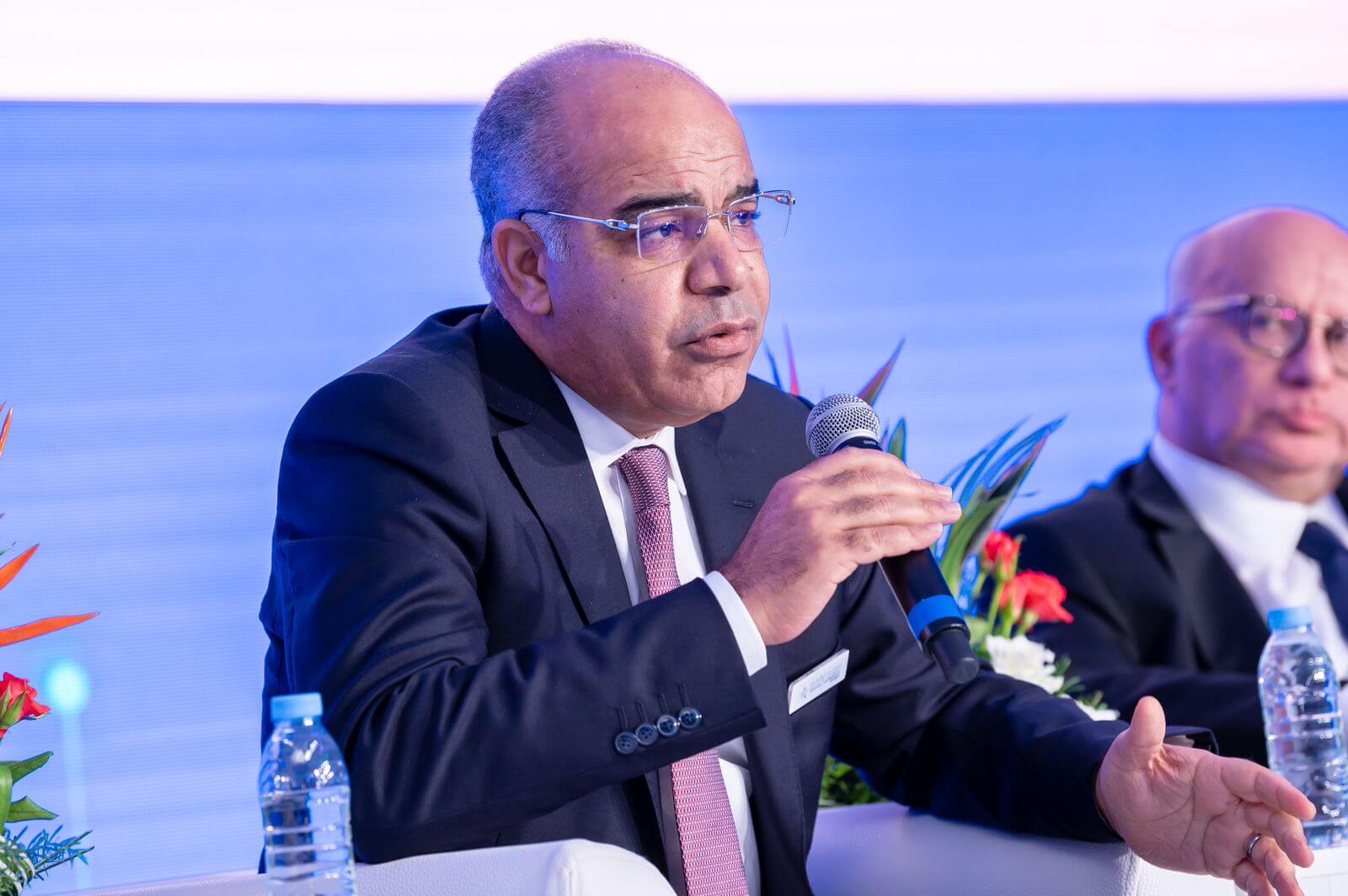
These measures could generate hundreds of thousands of jobs and value, he said. Alj also highlighted the need to secure funding. Currently, startups in Africa receive only a small fraction of available funding, representing only 0.5% in 2023. The CGEM president emphasised the importance of seeking new forms of investment for startups, such as support from business angels, crowdfunding and both public and private investment funds.
More employment
On the sidelines of the programme, the Minister of Digital Transition agreed on a project divided into three agreements with AMDIE (Moroccan Agency for the Development of Investment and Exports), the Warehouse and Management Fund, the Supervisory Board of the Special Agency for the Tangier Med Port Complex, the Moroccan Federation of Services Migrations and the Federation of Services Migrations and Information and Communication Technologies. The first agreement will help implement measures that are expected to create 130,000 new jobs.

The second agreement will allow the granting of qualified doctorates until 2026. This agreement was signed with the Ministry of Higher Education, Scientific Research, and Innovation and the National Centre for Scientific and Technical Research. The programme provides 550 scholarships of 7,000 dirhams per month for 3 years. The goal is to promote research in advanced technology and digitisation, as well as to train future educators in these fields.
The third partnership agreement signed with the Ministry of Economic Inclusion aims to improve vocational training in the digital field and increase Morocco's attractiveness.


